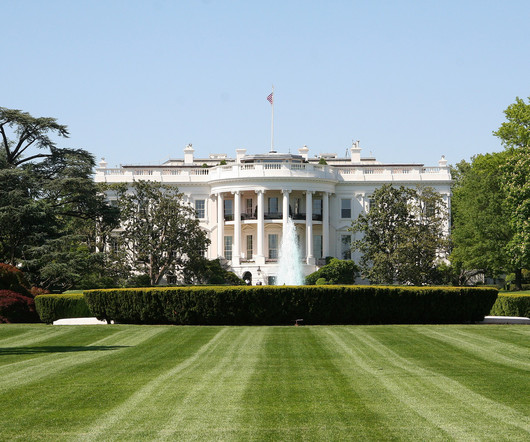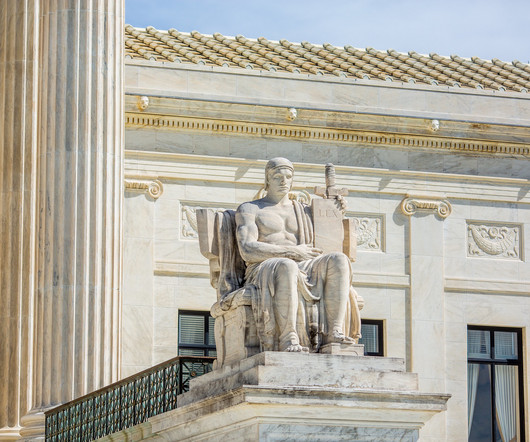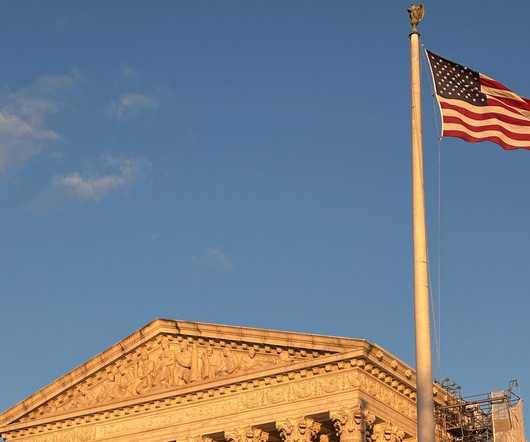Can Plaintiffs Challenge President Trump’s “10-to-1” Deregulation Order? A Look Back at Lawsuits Challenging the Order’s Predecessor
ClimateChange-ClimateLaw
FEBRUARY 4, 2025
District Court in the District of Columbia ultimately concluded that the plaintiffs did not have standing to challenge the EO. Trump asserted the following causes of action: Violation of the separation of powers doctrine. Ultra vires action. In both cases, the U.S. Trump and California v.













Let's personalize your content